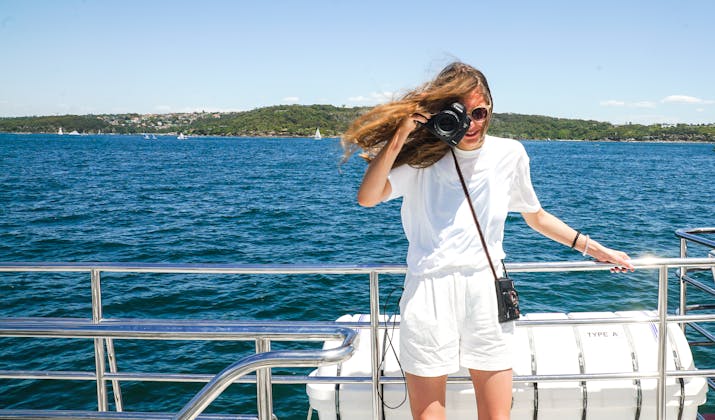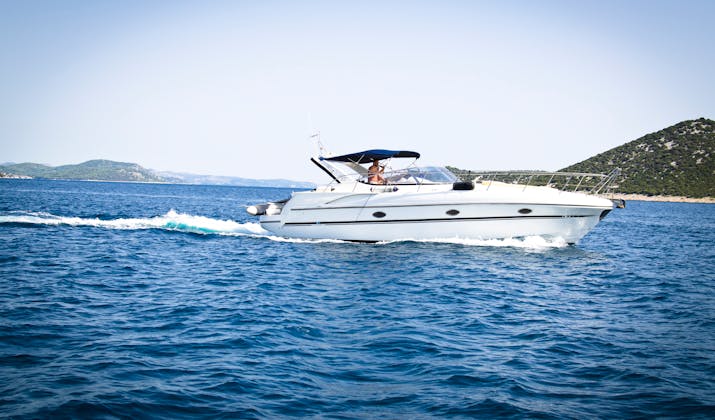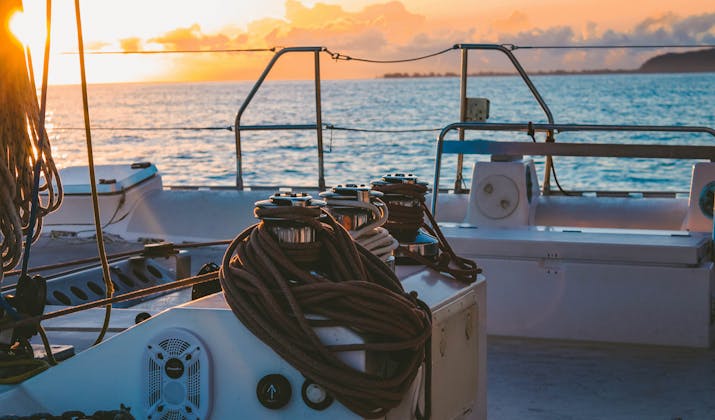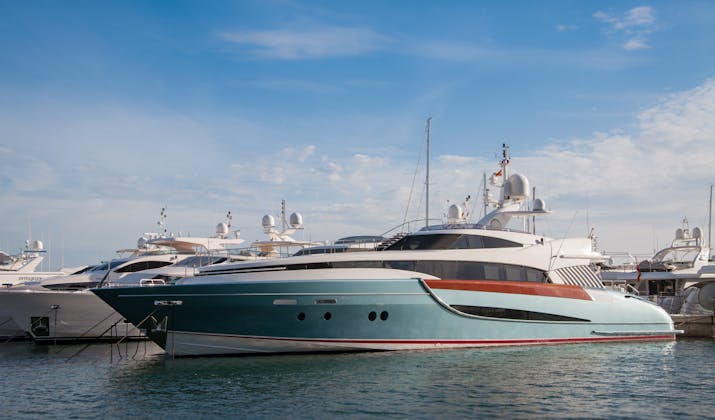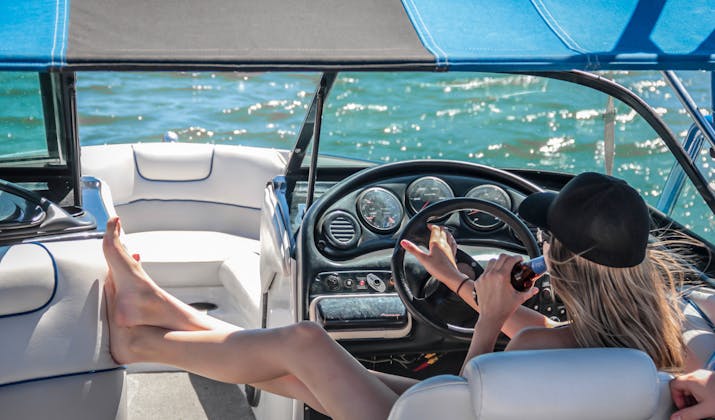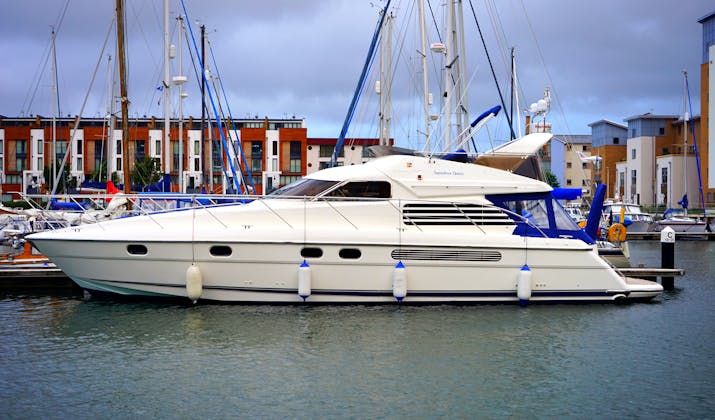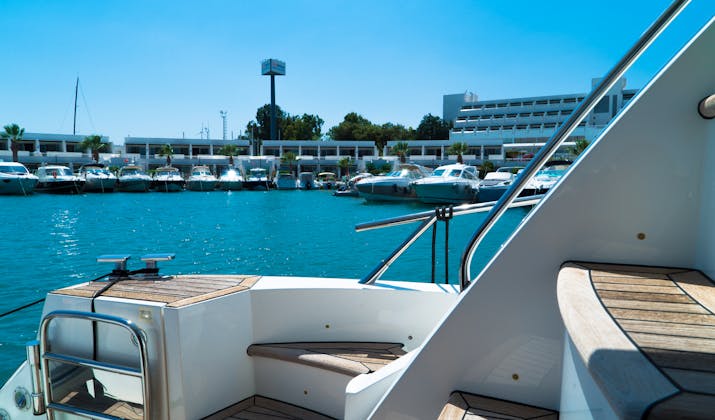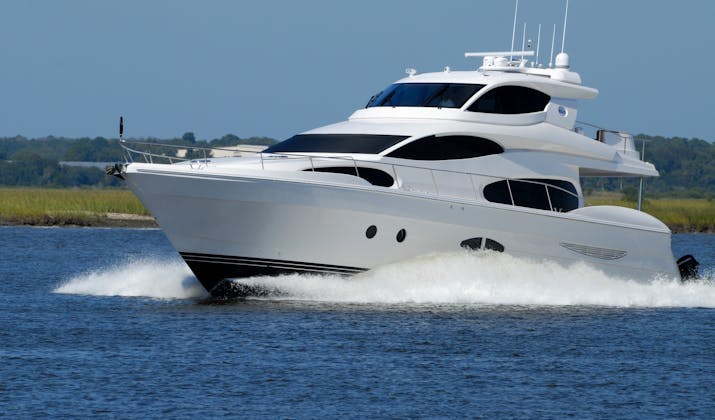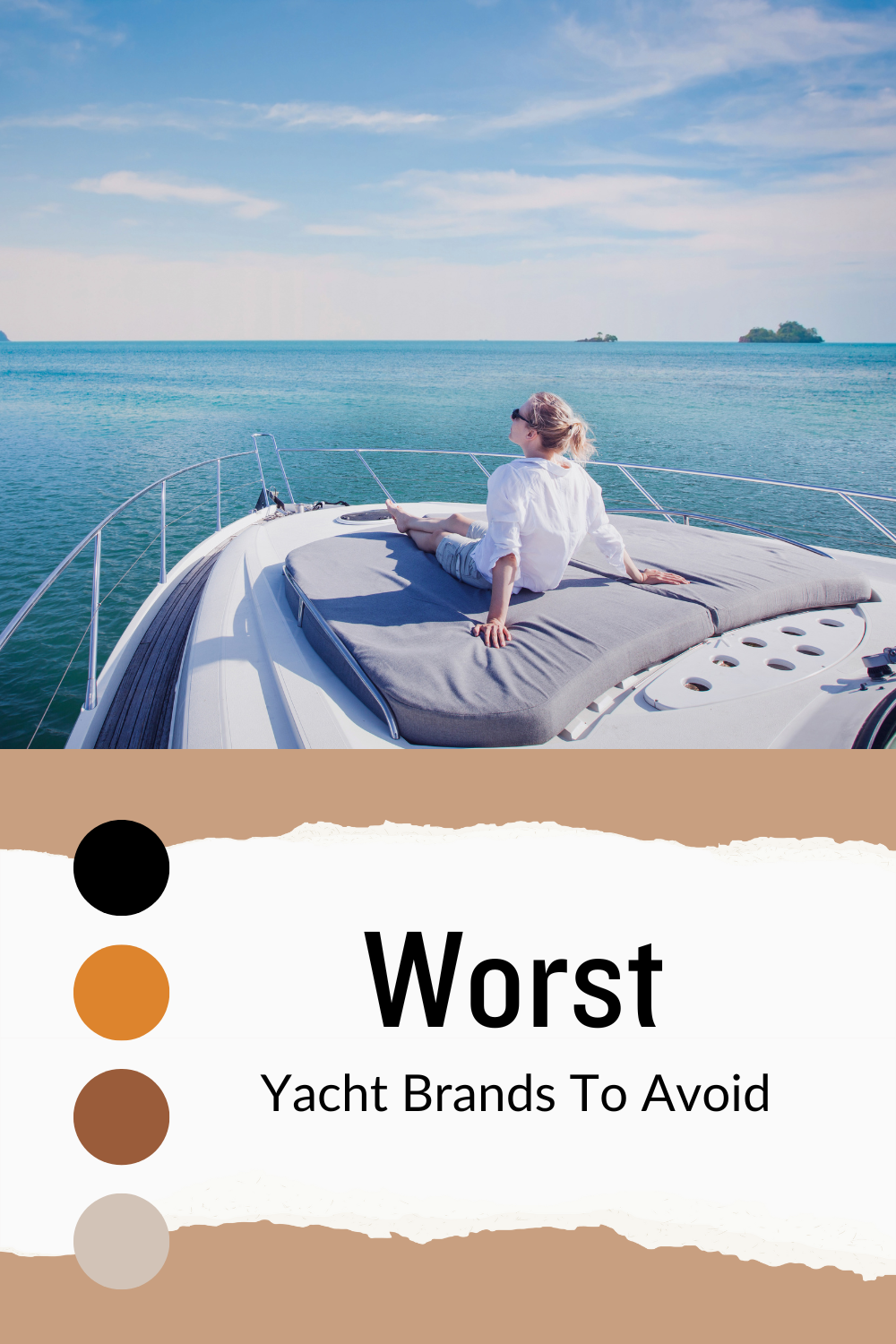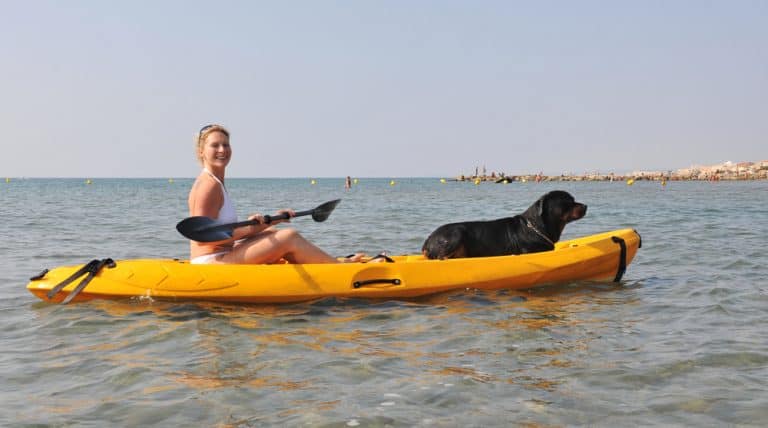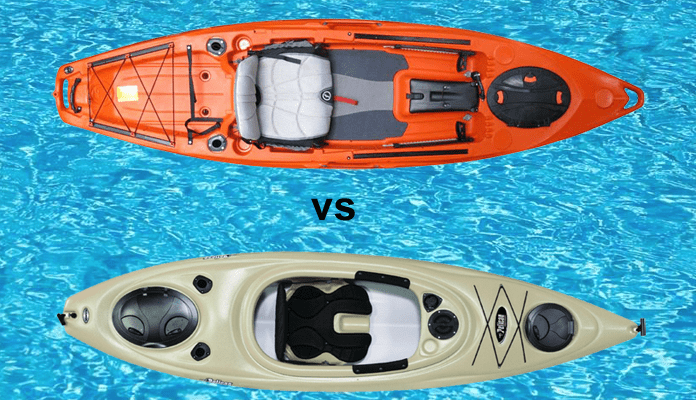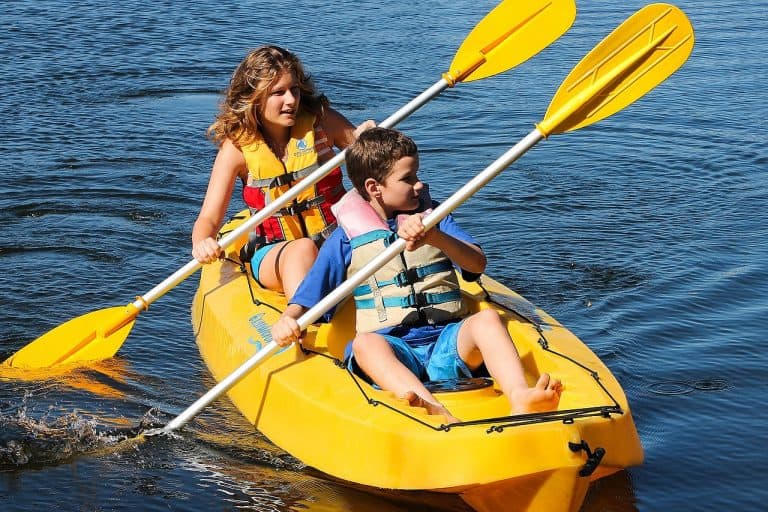Investing in a yacht is an exciting venture that promises adventure, relaxation, and unforgettable experiences on the water.
However, with so many brands available, navigating the yacht market can be overwhelming.
Not all manufacturers uphold the same standards of quality and performance, and some have developed reputations that potential buyers should be wary of.
Whether you’re a seasoned sailor or a first-time buyer, understanding which yacht brands to avoid is crucial for ensuring a smooth and enjoyable ownership experience.
In this blog post, we’ll explore some of the worst yacht brands to avoid, highlighting their common pitfalls and providing insights to help you make an informed decision.
Once you know what brands to steer clear of, you can find a vessel that truly meets your needs and expectations.
Let’s begin.
Also Read: Worst PaddleBoard Brands To Avoid
Worst Yacht Brands To Avoid
1. Irwin Yachts
Irwin Yachts are frequently criticized for their poor construction quality and sailing performance.
Many models have been reported to suffer from leaking issues, particularly around deck fittings, which can lead to significant water damage.
Additionally, the interior design lacks adequate handholds, making them difficult to navigate at sea.
Some users have reported that Irwin boats do not sail well and can be challenging to handle in various conditions, which raises concerns for safety and reliability.
Also Read: Worst Kayaks Brands To Avoid
2. McGregor Yachts
McGregor has a reputation for producing boats that prioritize affordability over quality.
Their designs often result in stability issues and poor performance under sail.
Many experienced sailors recommend avoiding McGregor yachts due to their tendency to collect water on deck, which can lead to rot and other structural problems over time.
3. Bayliner
Bayliner is often mentioned as a brand to avoid, particularly in the context of powerboats.
While they are marketed as entry-level vessels, many users report subpar build quality, leading to frequent maintenance issues.
Common complaints include poor handling and durability concerns, which can make ownership frustrating for new boaters.
Also Read: Boat Brands To Avoid
4. Nitro Boats
Nitro boats are primarily known in the bass fishing community but have received criticism for their construction quality and performance issues.
Users have reported problems with the hull integrity and overall durability, making them less reliable compared to other brands like Ranger.
5. Nor-Tech and Other Southeast US Brands
Brands like Nor-Tech are often advised against due to their high price points coupled with inconsistent quality.
Many users express dissatisfaction with customer service and warranty support, which can leave owners feeling unsupported after purchase.
Explore: Worst Sailboat Brands To Avoid
6. Hunter Marine
Hunter boats have faced criticism for their build quality, particularly in older models.
Issues such as blistering hulls, inadequate rigging, and poor sailing performance are common complaints among owners.
While some newer models have improved upon these issues, many seasoned sailors still recommend caution when considering older Hunters.
Also Read: Worst Fishing Boat Brands To Avoid
When buying a yacht, several important factors should be considered:
Budget: Determine your budget, including purchase price and ongoing costs like maintenance, fuel, docking fees, and insurance.
Size: Consider how many people you plan to accommodate and for what duration. Yachts range from small day-cruisers to large vessels suitable for extended voyages.
Type and purpose: Decide on the primary use – day sailing, coastal cruising, long-distance voyaging, or luxury entertaining. This will influence the type of yacht you need.
New vs. used: New yachts offer the latest technology and customization options but are more expensive. Used yachts can be more cost-effective but may require more maintenance.
Also Read: Worst Speedboat Brands To Avoid
Construction material: Common materials include fiberglass, aluminum, and steel. Each has pros and cons in terms of durability, maintenance, and performance.
Propulsion: Choose between sail, motor, or a combination. Consider fuel efficiency, speed, and your sailing experience.
Seaworthiness: Ensure the yacht is suitable for the waters you plan to navigate, considering factors like hull design and stability.
Equipment and amenities: Evaluate onboard systems, navigation equipment, safety gear, and comfort features.
Maintenance and storage: Consider the yacht’s maintenance requirements and where you’ll keep it when not in use.
Resale value: Some brands and models hold their value better than others.
Reputation of the manufacturer: Research the builder’s track record for quality and customer support.
Sea trial and survey: Always conduct a sea trial and have a professional marine surveyor inspect the yacht before purchase.
Legal and regulatory requirements: Be aware of registration, licensing, and safety regulations in your area.
Insurance: Factor in the cost and availability of suitable insurance coverage too.
Also Read: Pontoon Boat Brands To Avoid
Conclusion
Choosing the right yacht is a significant decision that can greatly impact your boating experience.
While the allure of yacht ownership is undeniable, it’s essential to be aware of brands that have garnered negative feedback due to quality concerns, performance issues, or inadequate customer support.
By avoiding these brands, you can minimize the risk of encountering frustrating problems down the line.
Thorough research and firsthand insights from current owners are also invaluable in making an informed choice.
Remember, investing in a well-built and reliable yacht not only enhances your enjoyment on the water but also protects your investment for years to come.
With careful consideration and a discerning eye, you can find a vessel that aligns with your sailing aspirations and provides countless memorable moments on the open seas.
Happy boating!

